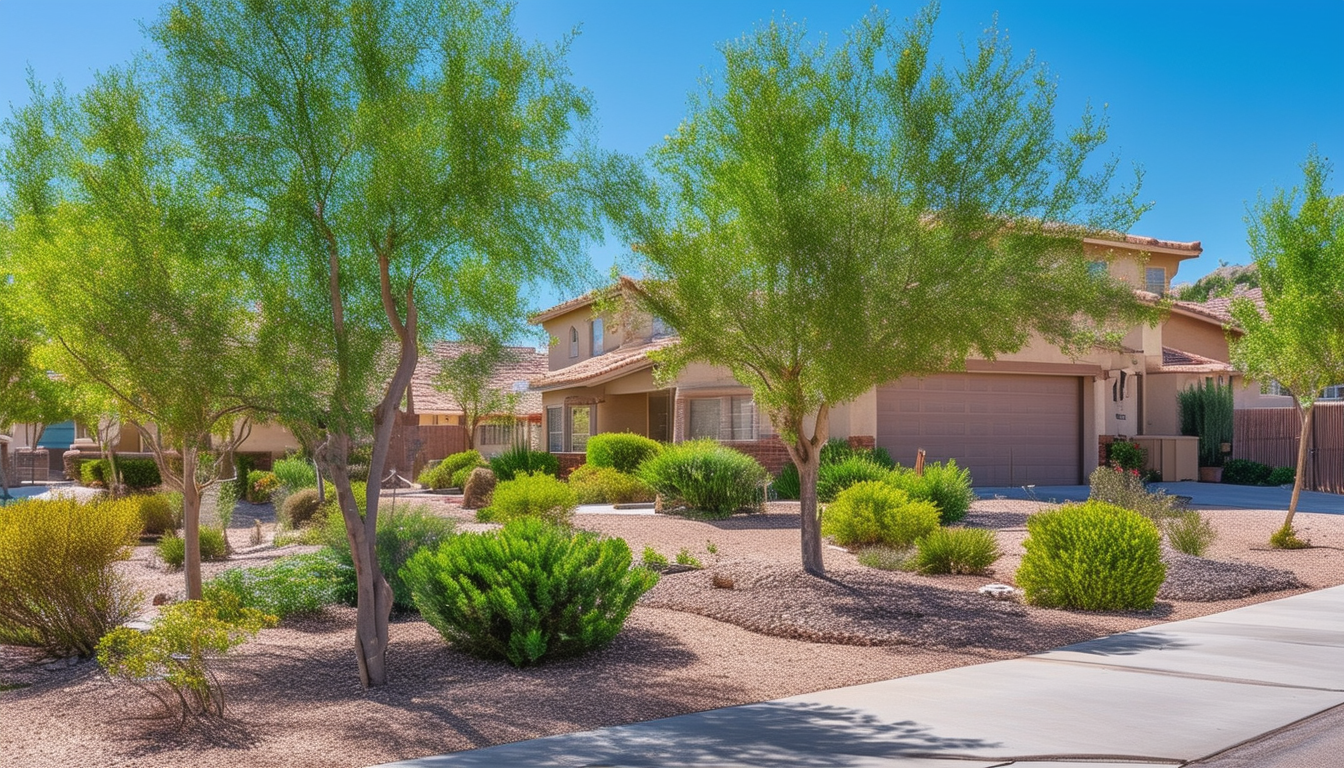
Discover the essential rules that shape your community living experience in Arizona, and understand how CC&Rs can influence your property ownership.
Understanding CC&Rs: The Backbone of Community Living
Covenants, Conditions, and Restrictions (CC&Rs) are the rules and guidelines established by homeowners associations (HOAs) to maintain the aesthetic and functional integrity of a community. These documents serve as the backbone of community living in Arizona, ensuring that all residents adhere to a uniform set of standards.
By defining what is and isn't allowed within the community, CC&Rs help to preserve property values, create a harmonious living environment, and prevent disputes among neighbors. They cover a wide range of topics, from architectural guidelines and landscaping requirements to pet policies and noise restrictions.
The Legal Framework: How CC&Rs Are Enforced in Arizona
In Arizona, CC&Rs are legally binding documents that are recorded with the county recorder's office. They are considered enforceable contracts between the homeowners and the homeowners association. Failure to comply with these rules can result in fines, legal action, or other penalties.
The enforcement of CC&Rs is typically the responsibility of the HOA, which may employ property management companies or legal counsel to ensure compliance. Homeowners are encouraged to familiarize themselves with these rules upon purchasing property in an HOA-governed community.
Common CC&Rs: What To Expect in Your Community
While CC&Rs can vary widely between different communities, there are some common rules that you can expect to encounter in many Arizona neighborhoods. These may include restrictions on the exterior appearance of homes, such as paint colors, roofing materials, and types of fences.
Other common CC&Rs might address issues like parking regulations, the placement of satellite dishes, and the use of common areas. Some communities may have specific rules regarding the rental of properties, the keeping of pets, or the hosting of events.
Benefits and Drawbacks: Navigating CC&Rs as a Homeowner
One of the primary benefits of CC&Rs is the protection of property values. By maintaining high standards for the appearance and upkeep of homes, CC&Rs help to ensure that the community remains attractive and desirable. Additionally, these rules can foster a sense of community pride and cooperation among residents.
However, there are also potential drawbacks to navigating CC&Rs as a homeowner. Some individuals may find the restrictions to be overly limiting or intrusive, particularly if they enjoy making personalized changes to their property. It is important for prospective homeowners to thoroughly review the CC&Rs before purchasing a property to ensure that they are comfortable with the rules.
How to Handle CC&R Disputes: Tips for Homeowners
Disputes over CC&Rs are not uncommon, and they can arise for a variety of reasons. If you find yourself in disagreement with your HOA or a neighbor over a CC&R issue, there are several steps you can take to address the situation.
First, review the specific language of the CC&Rs to understand your rights and obligations. If necessary, seek clarification from the HOA or consult with a legal professional. Communication is key, so try to resolve the issue through open and respectful dialogue. If the dispute cannot be resolved informally, you may need to pursue mediation or legal action.
YOU MAY ALSO LIKE
These related articles
-1.png?width=250&height=141&name=KPI%20(4)-1.png)
-1.png?width=1200&height=628&name=Untitled%20design%20(12)-1.png)
Comments
Add your comment